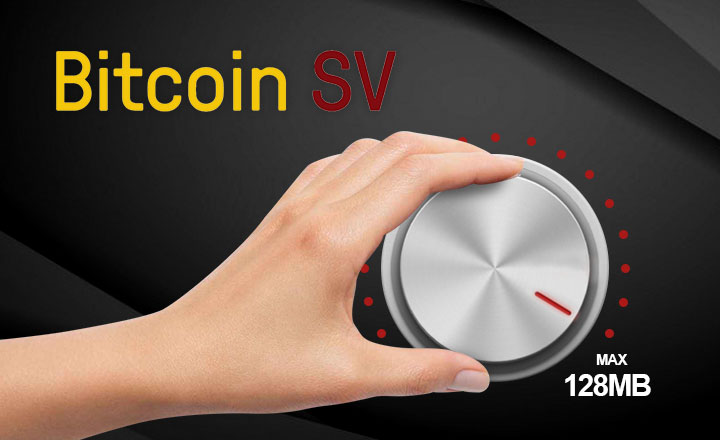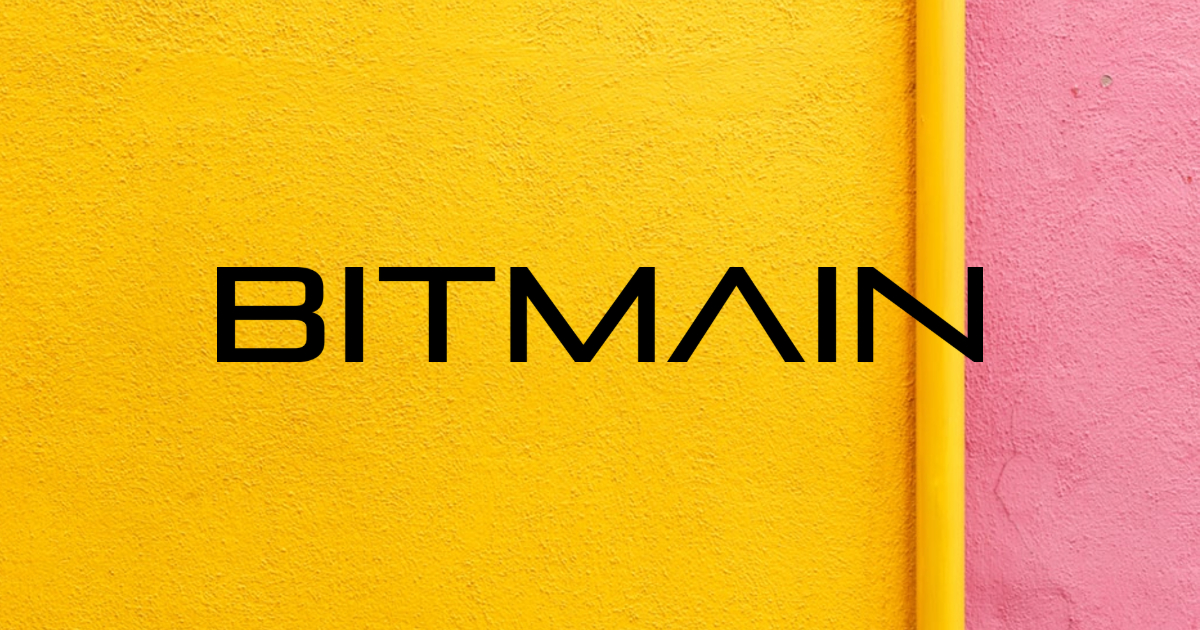Miners joining nChain’s new Bitcoin SV for the Bitcoin Cash (BCH) network can easily change their preferred block size limits. According to developer Steve Shadders, nChain would not force the miners to conform to the full node’s 128MB maximum block size.
In August, the blockchain development firm announced the development of Bitcoin SV, standing for Satoshi’s vision. Together with BCH mining pool CoinGeek, nChain will launch the new full node implementation to bring back Bitcoin Cash to what they believe as the original plans of Bitcoin creator Satoshi Nakamoto.
On August 26, Shadders published a blog post addressing the “fear and uncertainty” regarding Bitcoin SV’s huge maximum block size. He explained that Bitcoin SV will allow miners to easily configure their preferred soft cap and hard cap.
The soft cap is the “maximum size block that a miner will mine.” Meanwhile, the hard cap is the “maximum size block that [a] miner will accept from another miner.”
Miners, according to Shadders, should set the soft cap “according to what is most economical” for them to operate. Moreover, he recommended the soft cap to be located around the revenue earned, cost of building blocks incurred, and time spent for block validation.
Shadders said:
“Both the soft and hard caps are configuration items that enable miners to exercise the power of governance endowed upon them by the [Bitcoin] system in proportion to their investment… Whilst we have no choice but to set default values we do not endorse those values as the best choice and we encourage miners to adjust them as they see fit.”
He clarified that this configuration is possible in different Bitcoin Cash nodes, including Bitcoin ABC and Bitcoin Unlimited. However, the settings are well hidden from miners without advanced knowledge of computers.
| Related: nChain’s New Bitcoin Cash Node to Represent Satoshi’s Vision?
Split in the Bitcoin Cash Network?
The new Bitcoin SV node caused suggestions of a split on the Bitcoin Cash network to happen after the scheduled November hard fork.
To follow Satoshi’s vision, the new node would implement features completely absent from Bitcoin ABC, currently the most dominant node on the network. With this, many online observers noted that the difference in both implementations would fork the Bitcoin Cash blockchain possibly into two for each node.
CoinGeek, however, avoided describing the feared possibility of a hard fork as a split. Instead, the company explained that the network is only facing a “consensus-seeking mechanism or election.”
According to the mining pool, every mining CPU would receive a vote each to follow the consensus mechanism detailed by Nakamoto in the original Bitcoin whitepaper. However, CoinGeek believes that it is unlikely for another coin to pop out of the Bitcoin Cash network during the November hard fork.
CoinGeek said:
“The battle here is over the same BCH blockchain. It is exceedingly unlikely that we will get a split coin in November, since both mining factions are fighting over the BCH ticker and existing eco-system – The hashpower is over one chain in true Nakamoto consensus – No team, is seeking to split into a different coin.”
The feud in the Bitcoin Cash community started when a Bitcoin ABC lead developer suggested implementing pre-consensus on the network. Some of the leading figures have vehemently opposed the proposal, including nChain. They argued that pre-consensus was not on Nakamoto’s original blueprint for a peer-to-peer electronic cash system.
| Related: Bitcoin Cash Community Divided as Developer Floats Pre-Consensus







